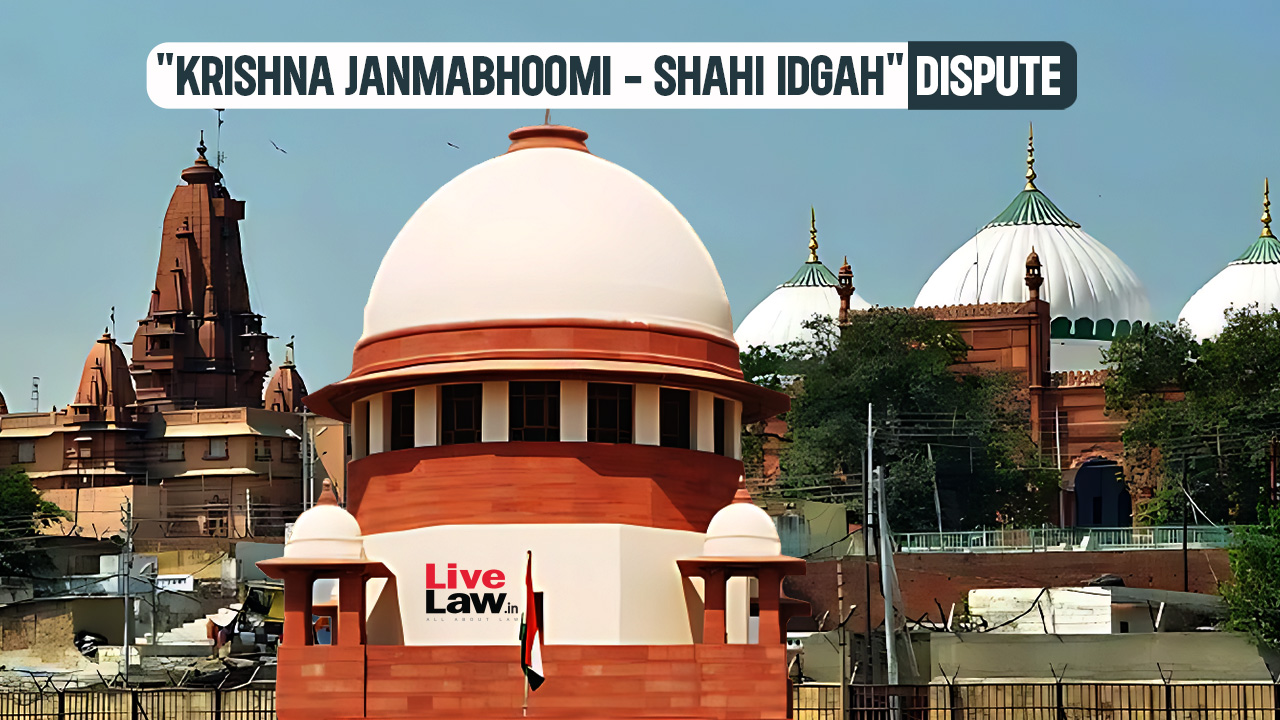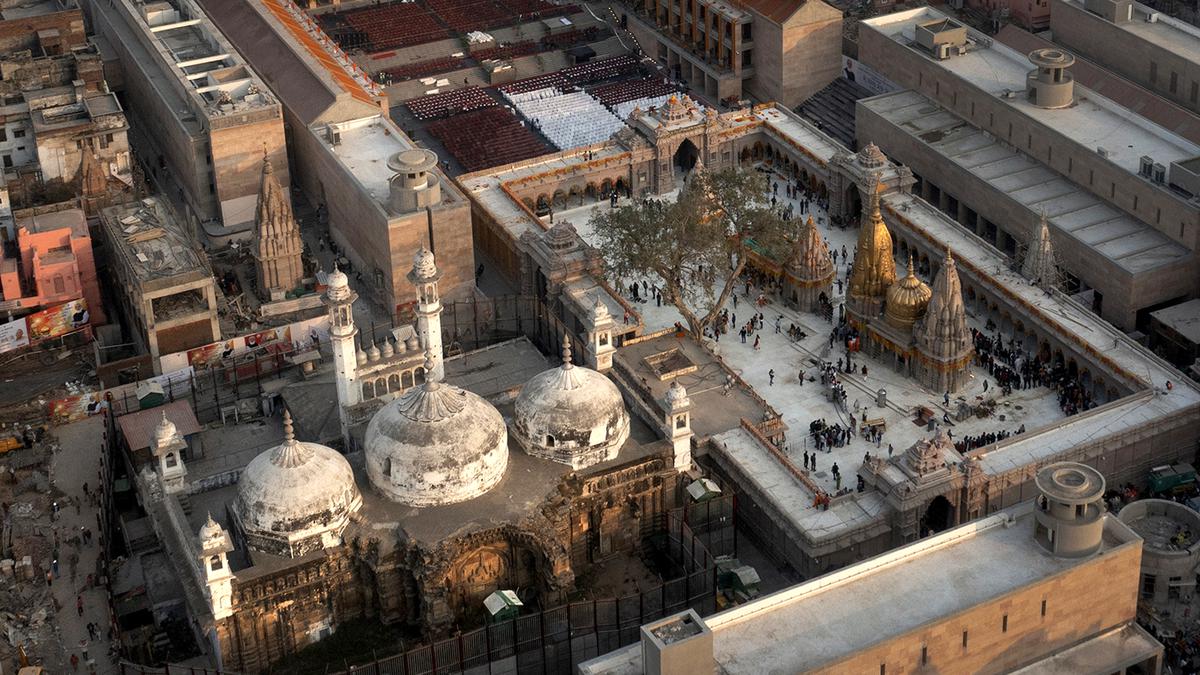


India's top court is currently hearing petitions challenging a 1991 law that aims to preserve the character and identity of religious places of worship as they existed on the country's independence in 1947. The law has been a subject of controversy due to its impact on the dispute over the Babri Masjid, which was demolished in 1992. While some argue that the law infringes on religious freedom and secularism, others defend it as crucial in safeguarding the places of worship of religious minorities in a predominantly Hindu country. The court's decision on the issue, expected in February, could have wider implications for religious tensions in India.

The Supreme Court has directed the petitioners to approach the High Court over the dispute surrounding the survey of the Shahi Jama Masjid in Sambhal. The court has also asked the trial court to refrain from taking any action until the case is heard and has urged the district administration to maintain peace in the area. This plea was moved by the management committee of the mosque, which is embroiled in a dispute with Hindus over a temple allegedly destroyed to build the mosque. The Supreme Court is currently hearing multiple petitions related to disputes over religious places in India.

The Centre has announced funding and mentorship for the 28 innovators who won the Tomato Grand Challenge, a hackathon aimed at finding solutions for stabilising the tomato supply chain. The funding will be provided by the Ministry of Consumer Affairs, Food and Public Distribution and will help in implementing scalable solutions. This initiative comes as a step towards addressing the issue of fluctuating tomato prices and ensuring food security for all.

After the Allahabad High Court rejected the petition filed by the -Shahi Eidgah mosque committee challenging the 18 lawsuits initiated by Hindu devotees regarding the Krishna Janmabhoomi-Shahi Eidgah Masjid dispute, lawyer Vishnu Shankar Jain announced that they will file a caveat before the Supreme Court. The High Court's decision allows the trials to continue and the intention to thwart the proceedings has been rejected. The Supreme Court has also extended the stay on appointing a Commission for the Shahi Eidgah Mosque until the next date of hearing. This ongoing legal battle brings into question the sensitive topic of communal tensions surrounding the places of worship in India.